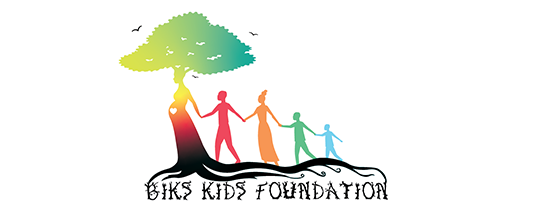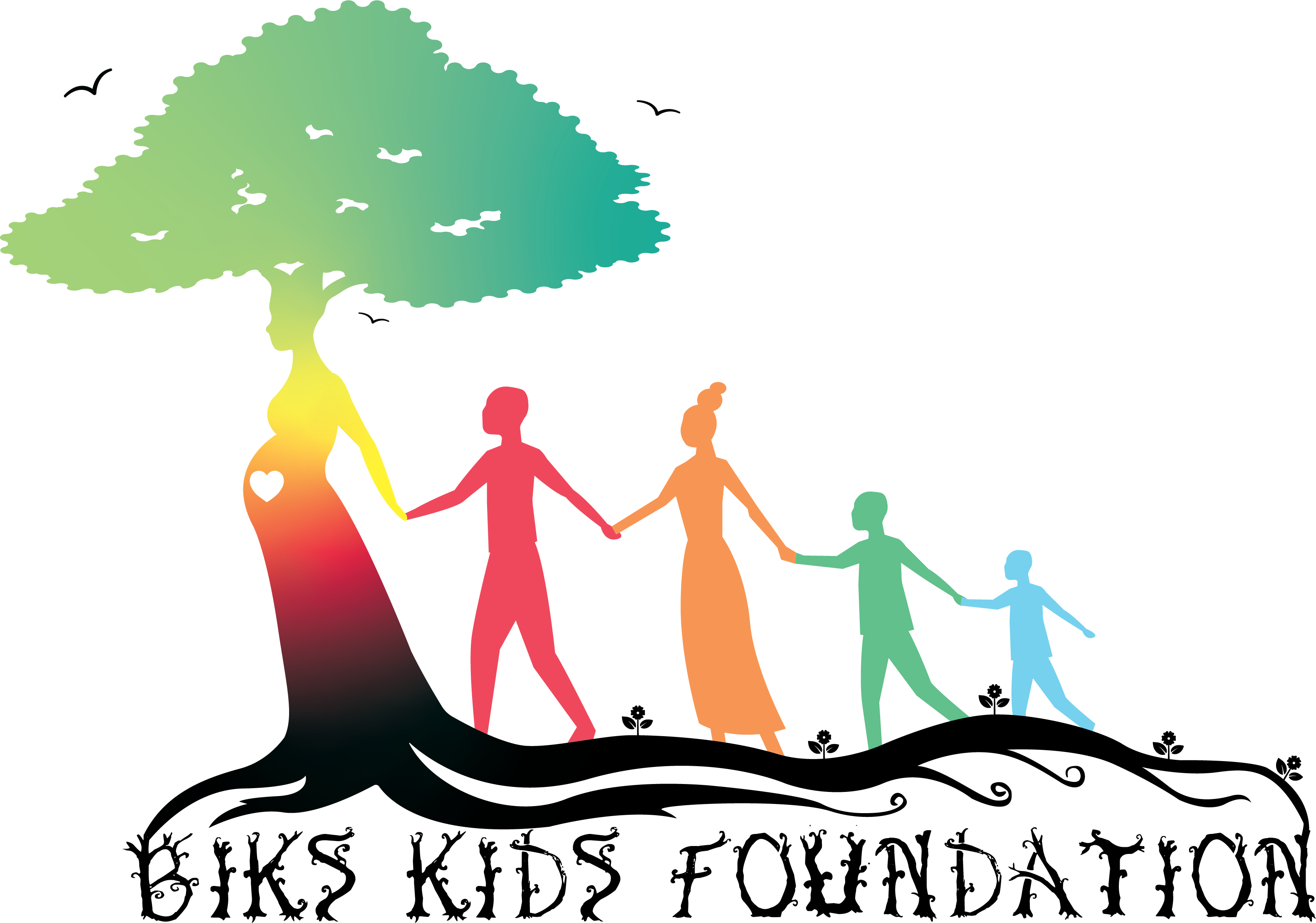Understanding Domestic Violence
![]()
![]() What Is Domestic Violence
What Is Domestic Violence
Domestic violence can be physical or psychological, and it can affect anyone of any age, gender, race, or sexual orientation. It may include behaviors meant to scare, physically harm, or control a partner. While every relationship is different, domestic violence generally involves an unequal power dynamic in which one partner tries to assert control over the other in a variety of ways. Insults, threats, emotional abuse and sexual coercion all constitute domestic violence. Some perpetrators may even use children, pets, or other family members as emotional leverage to get the victim to do what they want. Victims experience diminished self-worth, anxiety, depression, and a general sense of helplessness that can take time and often professional help to overcome. A clinician who works with victims of domestic violence may be able to help an individual extract her or himself from the situation, as well as offer psychological support. Get help with domestic violence today. Find a professional near you.
![]()
![]() How to End Domestic Violence
How to End Domestic Violence
10 percent of American women will be raped by intimate partners in their lifetime, and intimate partners, usually men, are responsible for killing one-third of female murder victims annually. Most research on domestic violence focuses on victims, but what about the abusers? New research has exposed why abusers behave as they do and revealed ways to identify them. Identification of perpetrators, raising awareness about abuse, and giving women lifelines to get out of their situation are all key to ending domestic violence.
![]()
![]() Fighting Against Domestic Violence
Fighting Against Domestic Violence
Women are most of the battered party in a relationship, though men are frequently victimized too in both heterosexual and same-sex relationships. More than 38 million American women have been victims of domestic violence. The technological revolution has opened up new ways for abusers to dominate, intimidate, and control the people in their lives through manipulation, cyber-stalking, and emotional blackmail. But the #MeToo movement and new research have exposed ways for abuse victims to fight back and free themselves from the fear and control of dangerous, narcissistic abusers.
![]()
![]() This is Domestic Abuse Too
This is Domestic Abuse Too
When it comes to sexual assault, many studies focus on women as the victims. I have also prosecuted plenty of cases where women were the perpetrators. But one thing all sexual assault cases have in common, is that most victims know their perpetrators... often quite well. Rhiana Wegner e t al. (2014) note that studies show that over 80 percent of adolescent and adult sexual assault victims not only are acquainted with their perpetrator, but are romantically or sexually involved with them.
They cite a nationally representative sample of adult women that found 62 percent of forcible rapes that occurred since the age of 18 were perpetrated by a date, boyfriend, cohabitant partner, or current or former spouse. How does this happen? Apparently, because traditional dating and casual dating are very different both physically and emotionally. Wegner et al. note that unlike traditional dating scripts that link emotional and sexual intimacy, casual sexual relationships often include “sexual precedence”—defined as previous consensualsex. Unfortunately, the authors realize that research suggests that for many perpetrators, sexual precedence creates a sense of entitlement that fuels feelings of sexual aggression. In other words, a perpetrator might automatically assume that if sexual access has been granted before, it cannot now be revoked.
Sexual Abuse is a serious public health issue, with one in three women and one in six men reporting some form of sexual violence in their lifetime. In addition, sexual abuse is the most under-reported crime, as the majority (63 percent) of individuals who experience sexual violence do not report it to authorities. Since the inception of the #MeToo movement in the fall of 2017, there have been significant increases in the number of people reporting sexual abuse and harassment. Unfortunately, most of those who report abuse will not see their perpetrator go to jail or prison. The Rape, Abuse, and Incest National Network (RAINN) estimates that out of every 1000 sexual assaults only five of the perpetrators will be incarcerated for the crime. Those statistics are disheartening and consequently beg the question—why should someone who was abused bother reporting at all? Reporting sexual abuse is a personal decision and it is not easy. Those who have experienced abuse report numerous barriers to reporting including: Feelings of shame, guilt and embarrassment Perceived negative consequences of reporting Fear of retaliation by the perpetrator Financial dependence upon the perpetrator The perpetrators not allowing help Not wanting family member or friend to be prosecuted Disbelief in getting a successful prosecution Lack of resources for getting help Distrust of the criminal justice system Cultural or language barriers Those barriers are all very real and difficult to overcome. Ultimately, an individual may decide that reporting the abuse is not the right decision for them, and that is OK. There is an excellent article in The Cut in which women who reported sexual harassment and assault discuss the impact that reporting had on their lives. For some it was a positive experience, and for others it was not. However regardless of outcome, reporting the abuse may have benefit to those who have experienced the abuse as well as preventing future abuse from happening. Reporting abuse may result in: Catharsis and Healing: Some survivors of abuse report that coming forth and facing their abuser and telling the world what they did helped in their healing. Although survivors caution that this may not be the case for all so someone should only come forth when and if they are ready Access to Resources: Once someone reports sexual abuse, regardless of outcome, they may be referred to support and therapeutic resources that they may not have known about before. Seeking effective treatment can help decrease the deleterious consequence of abuse. Increased Reporting by Others Who Also Experienced Abuse: Hearing one story may encourage others to come forward as well as we saw with #MeToo—in many recent cases in the media, we saw that once one or two people came forward, others were encouraged to share their stories and the case against the perpetrator became much stronger. Decreases in Reoffending: Identifying the perpetrator may make it less likely that they will offend again. Many perpetrators use techniques such as grooming to prevent detection. However, if they think that the risk of detection is high it may prevent future offending. In conclusion, survivors of sexual abuse must make the decision that is best for them. There are many real barriers to reporting sexual abuse and the decision to report is a very personal one. Those who report their abuse should be aware that at present the chances of conviction are low, but there may be some personal benefits to reporting as well as the possibility of decreasing future abuse.

BIKSKIDS Foundation is on a quest: to provide families within our communities who have been devastated by domestic violence, a safe zone and a violence free positive environment.


